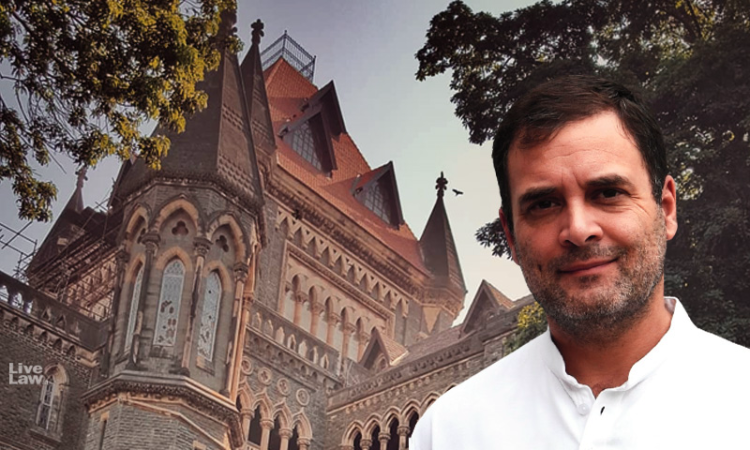'Chowkidar Chor' Comment Part Of Political Debate : Rahul Gandhi Moves Bombay HC To Quash Defamation Case
Sharmeen Hakim
17 Nov 2021 4:31 PM IST

It is argued that criminal defamation cases will discourage political debates, which form the lifeblood of democracy.
Next Story


